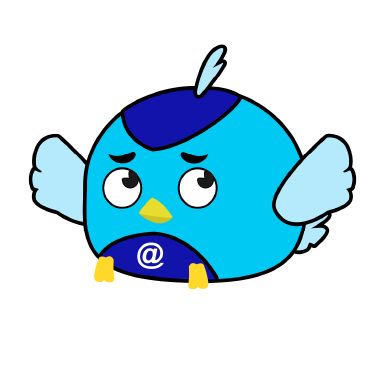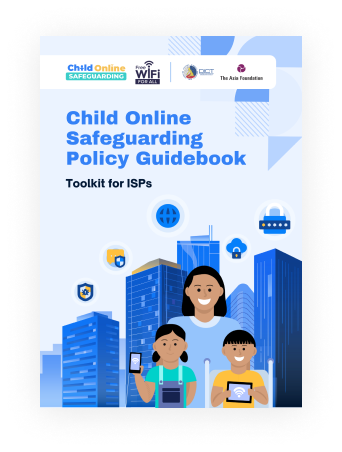For ISPs
ISPs and Child Online Safeguarding – What is Your Role?
In the Philippines, our internet has had a lack of security measures to protect its citizens for a while now. Unfortunately, out of all the citizens, children are the most vulnerable.
According to a report by the Philippine Kids Online Survey, 25.1% of Filipino kids have reported seeing inappropriate images or videos online. Also, based on a UNICEF study, 8 of 10 of children are more likely to be in danger of being bullied or sexually abused online.
Despite that there have been countless of steps made to address this problem, one of which is the Free Internet for All Program by the DICT. This program aims to connect several locations in the Philippines to a trusted WIFi source that can protect citizens from online dangers.
Several major Philippine ISPs have also pledged their support for this program and the DICT Department Circular No. 015 s. 2020 or the Child Online Safeguarding Policy (COSP).
Pursuant to DICT Department Circular No. 015 s. 2020, all Internet Service Providers (ISPs) who were tapped for the nationwide implementation of the Free Internet Access in Public Places (FIAP) program or R.A. 10929 have a major role and responsibility to play to ensure the safety and security of our children on the internet.
To make sure you are compliant with DC No. 015 s. 2020 as an ISP contractor for FIAP, you may use the information and resources provided on this page.


But, aside from providing free internet connection, what else can ISPs do to protect the youth?
As an ISP, your role involves mitigating risks for children and protecting them from contact, conduct, content, and contract. (See the framework here.)
To help you do this, the DICT Department Circular No. 015 s. 2020 or COSP has already laid out protection standards and implementation measures, especially those relevant to keeping harmful content, conduct, and contact away from children.
As ISPs, your duty is to stop the risk before it happens, and before it gets to children.
Responsibilities of ISPs

RESTRICT
Restrict access to all child-inappropriate websites and mark harmful content on the Free Internet for All program.

PROTECT
Employ child-safeguarding mechanisms and tools on the Free Internet. We provide a toolkit for you below. Use the captive portal provided by DICT.

COLLABORATE
Collaborate with the DICT, NGOs, and other ISPs to safeguard children

Toolkit for ISPs
To further help your ISP in complying to the DICT Department Circular No. 015 s. 2020, a toolkit or guidebook has been created and curated to further simplify the salient points and compliance measures that ISPs need to take to adhere to the policy.
The Toolkit for ISPs is based on the Guidelines for Industry and Child Online Protection by UNICEF (2015 edition).
Provide relevant information
Provide ISPs information relevant to the effective implementation of COSP.
Provide IEC materials
Provide ISPs with IEC materials to promote and inform the public about COSP.
Reproduce captive portals
Reproduce or recreate the COSP captive portals with content approved by the DICT.
Compliance Materials and Resources
Here are further resources and materials that your ISP can utilize to comply with DICT Department Circular No. 015 s. 2020

ISP Toolkit & Guidebook
The guidebook contains information about how to best follow the provisions laid out by the policy as well as tips to effectively put it into action.

Signages
Pursuant to Chapter 2, Section 9 (Signages) of the DICT Department Circular No. 015 s. 2020, FIAPP shall provide signage that states behavioral protocols and reminders on safe online behavior and responsible digital citizenship.

Child Online Safeguarding Awareness Building Materials
In compliance to the awareness building and promotional activities as stated in the DICT Department Circular No. 015 s. 2020, here are ready-made information, education, and communication (IEC) that your ISP can reproduce and disseminate.

Captive Portal
According to Chapter 4, Section 17 of the DICT Department Circular No. 015 s. 2020, the captive portal for FIAPP should require all users to undergo proper age verification and consent from parent or guardian. The captives portal should also display information on acceptable and unacceptable use of the free wifi.

Child Friendly Reporting Mechanism
Referring to Chapter 2, Section 12 of the DICT Department Circular No. 015 s. 2020, DICT shall coordinate with all concerned agencies for the development of effective and child-friendly online reporting procedures, systems, and mechanism.

DICT Department Circular No. 15 s. 2020
Find out the full list of responsibilities and standards ISPs must do to keep Filipino kids and teens safe online.

